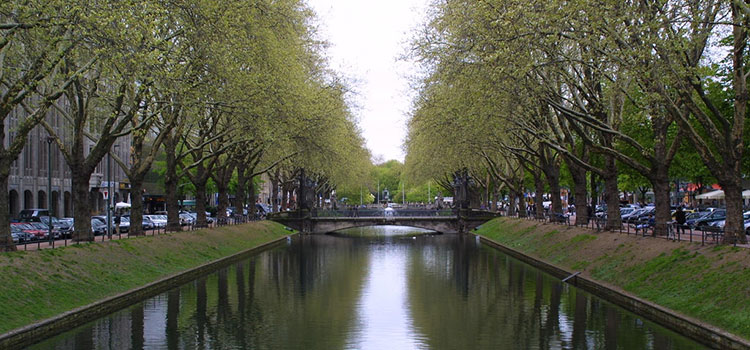The City Council of the western German city of Düsseldorf met with psychology, economics, and crime experts yesterday as part of their efforts to legalize cannabis for adults 18 and older, Deutsche Welle reports. Local lawmakers hope that the expert testimony will help convince federal regulators to allow them to move forward with the plan after they rejected a similar scheme from Berlin’s Friedrichshain-Kreuzberg borough council.
The meeting was attended by members of other regional councils, including Münster and Cologne, who are considering their own legal cannabis programs.
Last year, the Berlin council applied to the Federal Institute for Drugs and Medical Devices for a license that would allow cannabis to be sold in the region; it was rejected because it would have been in direct conflict with federal drug laws. And while members of the Düsseldorf council say a scientific study might help their cause, such a study is estimated to run $860,000 – which Greens member Angela Hebeler said was “not possible” for Düsseldorf, Cologne, or Münster.
The Düsseldorf council proposal was introduced by a coalition of Social Democrats, Greens, and Free Democrats. Hebeler explained that local governments interested in legalizing adult-use cannabis should work together, developing unique plans in order to determine best practices.
“It makes sense to work with all these cities and share out who does what,” she said in the report. “Maybe we should create different models, so that we find one that gets approval.”
Georg Wurth, German Cannabis Association chairman, said that these local initiatives put pressure on the federal government to make changes to its cannabis laws, noting that they are losing tax revenues while the informal market thrives.
“The ban has actually had many negative effects,” he said. “Consumers are criminalized, black-market dealers are encouraged, prevention is made more difficult and the cost of criminal prosecution is high, while at the same time tax revenue is lost. Sensible regulation of the existing market would remove, or at least reduce, these problems.”
